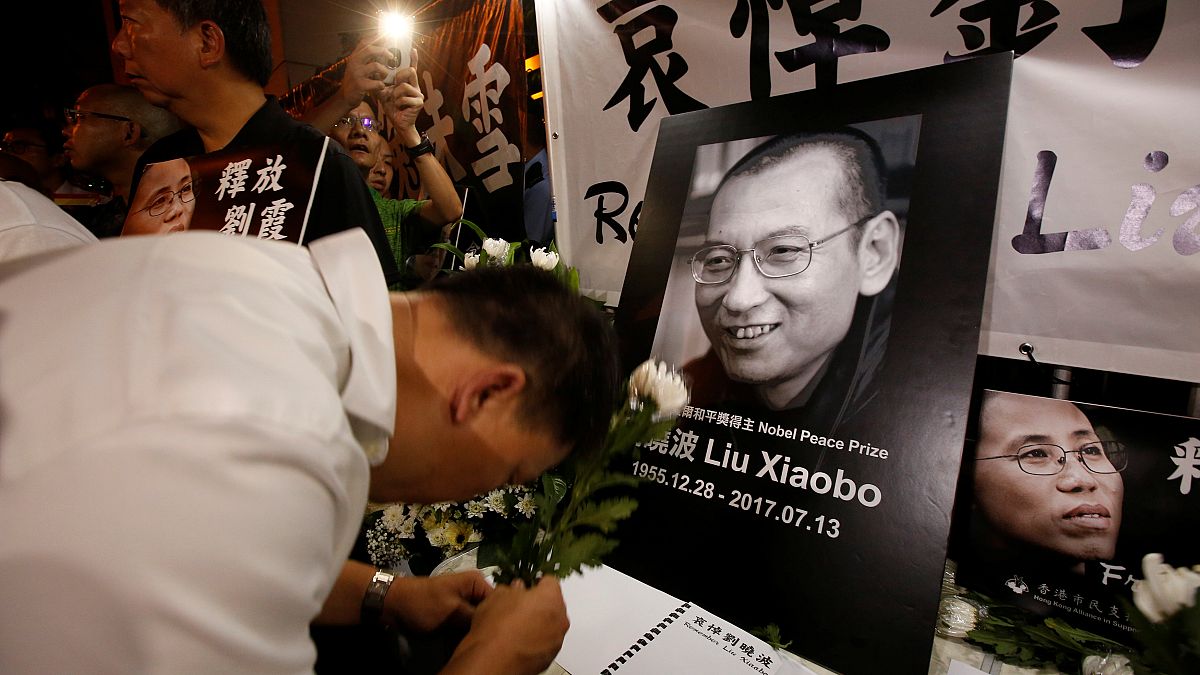China's most influential human rights activist and Nobel prizewinner has died of cancer aged 61.
Liu Xiaobo, the author, literary critic, human rights activist and Nobel Peace Prize winner who has died at the age of 61, was China’s most prominent and influential dissident.
The Nobel award was given to him in 2010… in his absence while he was in prison, “for his long and non-violent struggle for fundamental human rights in China”.
In his speech read out at the ceremony, he said he looked forward to the day when there was freedom of expression in China with people able to speak out without fear.
Norwegian Nobel Committee mourns Liu Xiaobo, statement by Chair Berit Reiss-Andersen: https://t.co/fcHN1qzTDM
— The Nobel Prize (@NobelPrize) July 13, 2017
Amid the Tiananmen Square uprising in Beijing in 1989, Liu Xiaobo made himself known by organising a peaceful evacuation of the square. He was sent to jail.
He spent another two periods in jail in the 1990s, before returning to prison in December 2008 for taking part in Charter 08: a manifesto published two days later and signed by over 300 Chinese intellectuals and human rights activists calling for political reform and recognition for the democratic movement in the People’s Republic.
The following year Liu Xiaobo was convicted for “inciting subversion of state power” and sentenced to 11 years imprisonment, with a two-year term depriving him of his civic rights. A year after that came the Nobel prize.
Today, we mourn the loss of Nobel Peace Prize laureate, Liu Xiaobo. With his courage & dignity, he inspired millions of activists globally. pic.twitter.com/j4nLeXqtPj
— AmnestyInternational (@amnestyusa) July 13, 2017
Liu’s final struggle played itself out on a hospital bed. Struck down by liver cancer that was detected in its final phase, he wanted to go abroad for treatment – a request the Chinese authorities refused.
Right to the end he was cared for by his wife Liu Xia – they met in the 1990s when she was the only person from the outside world allowed to visit him in prison. She has been under house arrest since her husband’s imprisonment and there are now calls for her to be allowed to leave the country.
Liu Xiaobo believed liberation for the Chinese would come only when people learned to live and think for themselves https://t.co/1pXyHwFU5U
— The Economist (@TheEconomist) July 13, 2017
